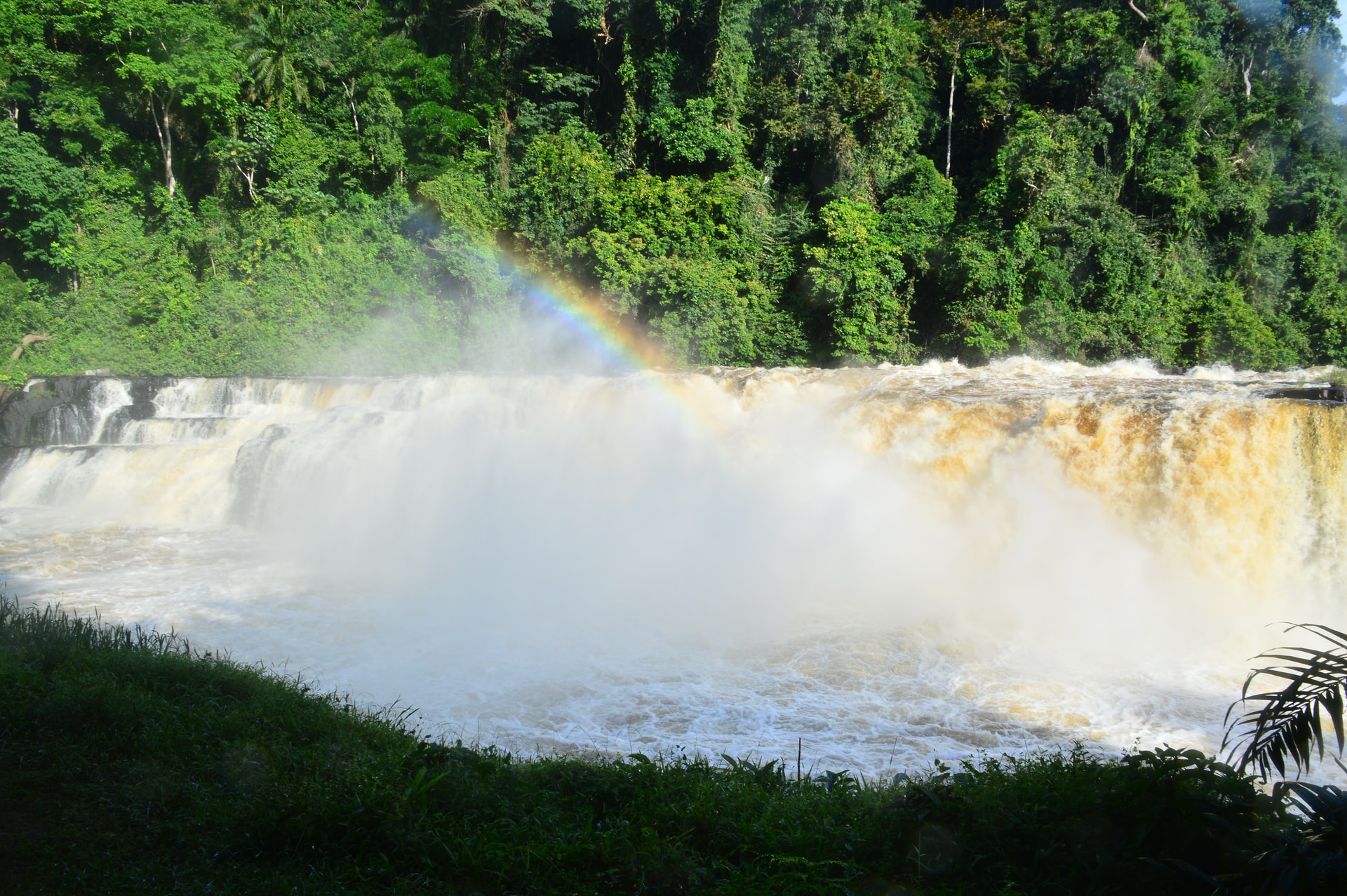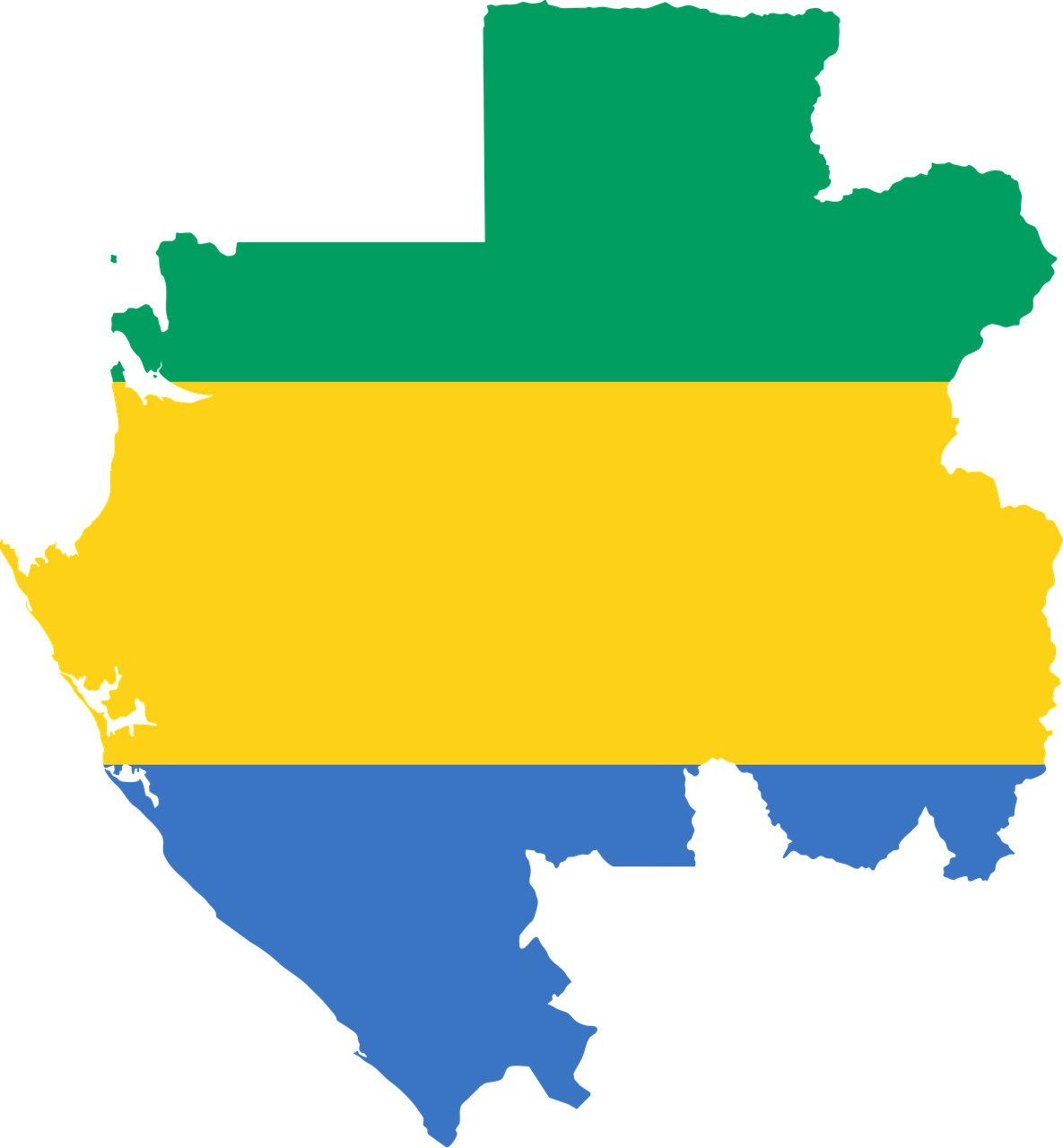
- Sustainable Planet -
- 3mins -
- 322 views
Gabon becomes first African nation to be paid to protect its rainforest
Under the historic Central African Forest Initiative agreement, Gabon receives first payment for reducing CO2 emissions.
Gabon receives first payment for reducing CO2 emissions
Gabon has become the first country in Africa to receive results-based payments for reduced emissions from deforestation and forest degradation. The first payment is part of the breakthrough agreement between Gabon and the multi-donor UN-hosted Central African Forest Initiative’s (CAFI) in 2019 for a total of $150 million over ten years.

Gabon’s forest management approach is science-based and robust
At a high-level event organised on Tuesday 22 June, Sveinung Rotevatn, Norway’s Minister of Climate and Environment said on behalf of CAFI:
"This is the first time an African country has been rewarded for reducing forest-related emissions at the national level. It is extremely important that Gabon has taken this first step. The country has demonstrated that with strong vision, dedication and drive, emissions reductions can be achieved in the Congo Basin forest.”
Gabon is leading the way in maintaining its status of High Forest Cover Low Deforestation (HFLD) country. The country’s forest management approach is science-based and robust. Despite low historical rates of deforestation and forest degradation, Gabon has been able to reduce CO2 emissions even further.
Being a low deforestation country means, however, that Gabon’s potential to reduce emissions is even more limited. Therefore, new mechanisms such as the ART-TREES HFLD methodology* are underway as incentives for HFLD countries to maintain low deforestation rates.
*ART approved TREDD+ Environmental Excellence Standard (TREES)
Source: CAFI.org

Gabon’s forests absorb a total of 140 million tons of CO2 every year
Gabon’s Minister of Water and Forests, the Seas, the Environment, charged with Climate Change and Land Use Planning, Professor Lee White said:
“This first payment of ODA financing, which is proportional to our historic emissions reductions in 2016 and 2017 at $5/ton, will finance projects that preserve Gabon’s forests. It also paves the way for Gabon to finalise the systems that will be required to enable the country to formally sell carbon credits in the future.”
“CAFI’s recognition of our systems and data is particularly encouraging in that they are a global reference on REDD+ payments. We are working with partners to develop payments mechanisms that will enable us to stabilise forests and reverse deforestation and forest degradation in HFLD countries, rather than simply slowing (=reducing) deforestation,” Professor White added.
Gabon and CAFI have agreed that this first payment will go towards activities that further decrease CO2 emissions through investments into community forestry, scientific research, forest management practices, protected areas system and government capacity, and that further enhance the income, livelihoods, and wellbeing of communities in Gabon.
Gabon has preserved much of its pristine rainforest since the early 2000s in creating 13 national parks, one of which is listed UNESCO World Heritage Site. Its forests absorb a total of 140 million tons of CO2 every year, the equivalent of removing 30 million cars from the road globally.
Gabon has also made significant advances in sustainable management of its timber resources outside the parks, with an ambition to ensure that all forest concessions are FSC-certified. Forest spans over 88% of its territory, and deforestation rates have been consistently low (less than 0.08%) since 1990.
Gabon’s forests house pristine wildlife and megafauna including 60% of the remaining forest elephants, sometimes called the “architects” or “gardeners” of the forest for their roles in maintaining healthy ecosystems and recently listed as critically endangered.
Source: CAFI.org

The Forest Imperative
The world’s forests—which today cover 30% of the earth’s land surface—are an incredibly valuable resource, storing massive amounts of carbon, helping to purify water and air, ensuring natural biodiversity, and providing livelihoods for millions of people. But despite the vital importance of forests, they are under worldwide assault, with the equivalent of 30 soccer fields disappearing every minute. — BCG

